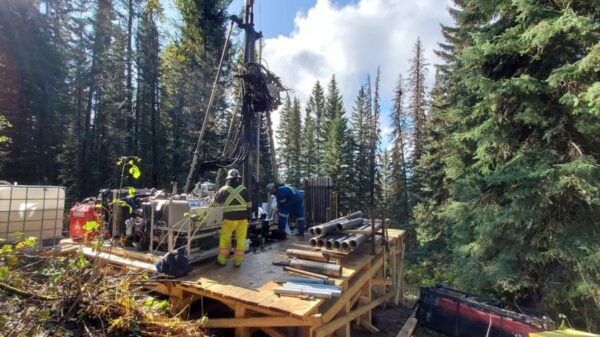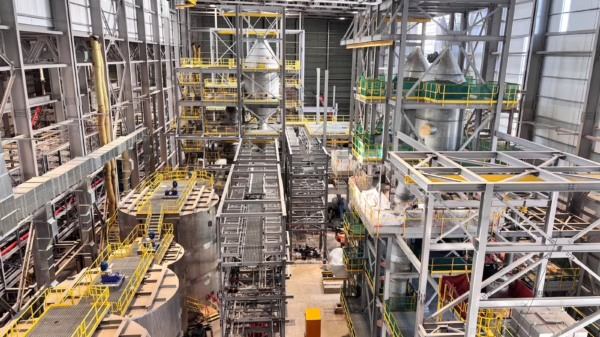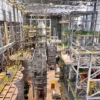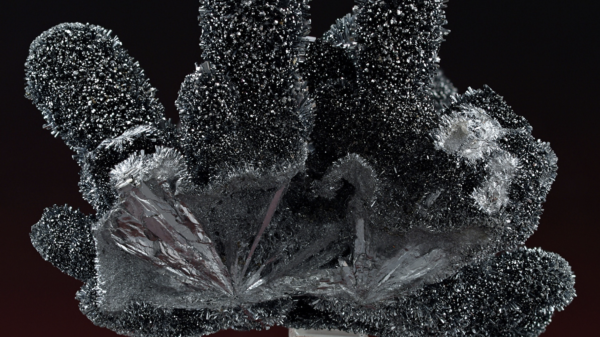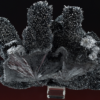Argentina will soon be ramping up its rate of lithium production immensely. Four new projects should start producing sizeable quantities of the battery metal in the coming weeks. Domestic production will increase nearly two-fold.
That is according to an unreleased government report that Bloomberg had the opportunity to view last week.
Currently, the country’s only producers of the commodity are Albemarle Corporation (NYSE: ALB), Arcadium Lithium plc (NYSE: ALTM), Ganfeng Lithium (SHE: 002460) and Lithium Americas (Argentina) Corp. (TSX: LAAC).
Now, operations run by Posco Holdings Inc (KRX: 005490), Eramet S.A. (EPA: ERA) and Zijin Mining (SHA: 601899) will enter the production phase. In addition to the Caucharí-Olaroz joint venture with Lithium Argentina, Ganfeng will start churning out the element from its Mariana asset.
Eramet’s is jointly owned with the private Chinese company Tsingshan Holding Group. Their Centenario Ratones operation has an inauguration event scheduled for this week, Bloomberg reported.
Furthermore, Posco’s Sal De Oro project and Zijin’s Tres Quebradas asset will commence production in the immediate future.
These sites are expected to increase Argentina’s lithium production by 79 per cent to 202,000 metric tons per annum, Bloomberg’s assessment of the government report found.
For all the money that’s poured into Argentina’s giant lithium deposits, the country has seen just one new mine come on stream in almost a decade. That’s about to change. https://t.co/3BzOKi92Cq
— Bloomberg Economics (@economics) June 28, 2024
Read more: Lithium South raises $4M in private placement
Read more: Lithium South expands well installation program at Hombre Muerto North
Rio Tinto invests over C$478 million into Rincon
In addition to the aforementioned sites, the major mining company Rio Tinto Group (ASX: RIO) plans to start producing 3,000 tons of lithium annually at its Rincon project’s plant before the end of the year. The leading metals producer’s external affairs manager made the announcement at a recent mining conference in Buenos Aires.
Rio Tinto agreed to make a major investment in the operation, exceeding C$478 million, in March.
Meanwhile, in conjunction with Posco’s work at Sal de Oro, the South Korean miner will be focusing on its claim blocks being developed at the Salta province’s Hombre Muerto North project. Posco has a joint venture at the site with Lithium South Development Corporation (TSX-V: LIS) (OTCQB: LISMF) (Frankfurt: OGPQ).
Zijin Mining recently revealed that it would be producing 50 per cent more copper by 2028 — another commodity needed for electric vehicles.
Eramet contracted Wartsila Oyj Abp (HEL: WRT1V) to manage its mine and processing plant at Centenario Ratones in April.
These new projects will help Argentina solidify its spot as the world’s third largest lithium producing nation within the next few years. It will soon be surpassed only by Australia and Chile.
Argentine exports of the metal and its chemical variations could potentially total C$7.6 billion per annum by 2025, analysts have predicted.
Lithium South Development Corporation is a sponsor of Mugglehead news coverage
rowan@mugglehead.com







